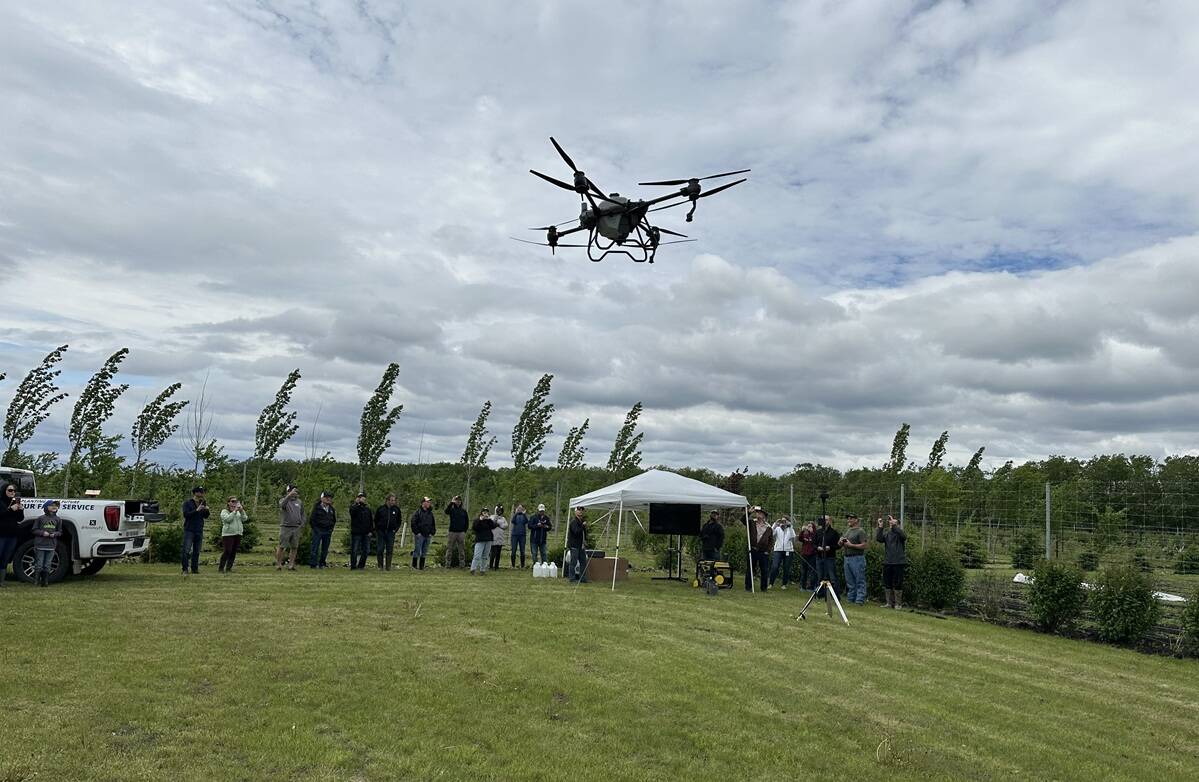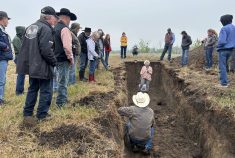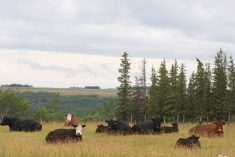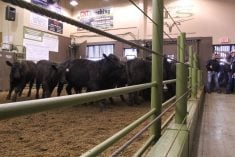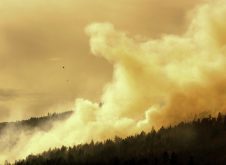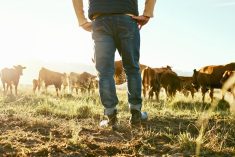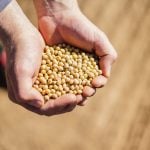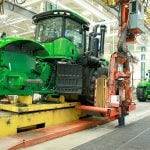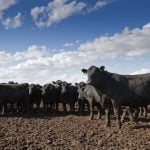Do you have an abundance or scarcity mindset?
I’ve been pondering the meaning and implications of these different mindsets. Kelly Sidoryk’s Depth of Field column reminded me of these musings, particularly as she writes a little about generational differences, and how big events such as the Depression, or BSE, can imprint entire generations that go through them. Reading that, I wondered if BSE was perhaps a factor in my own scarcity mindset — I wasn’t directly affected, but I sure witnessed the stress.
I am what some refer to as a “geriatric millennial,” although I prefer “elder millennial” myself. Yet I’ve never related to the (mostly negative) characterizations of millennials and I have to say, I don’t see them in my younger editorial colleagues, either. They’re generally independent, deadline-oriented, with a good work ethic, which is not the stereotypical picture of a millennial.
Read Also
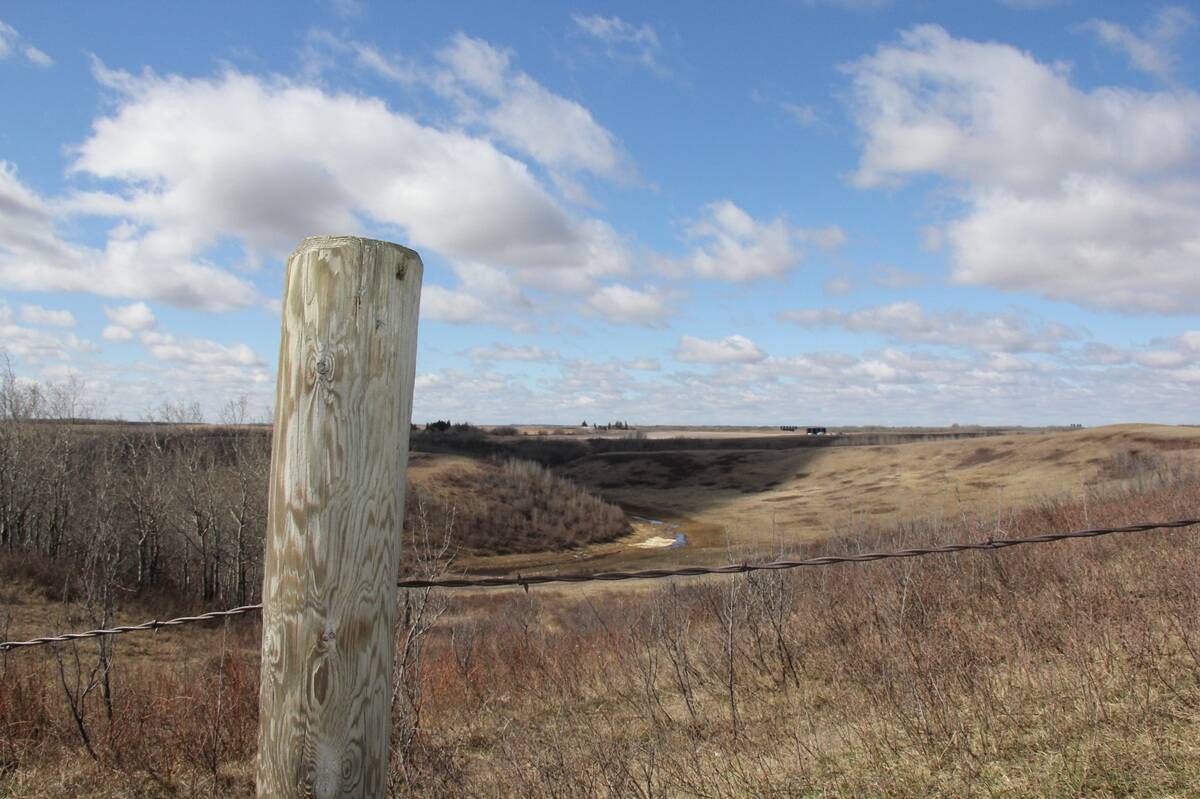
Linking human evolution to leadership on the ranch
Simon Sinek’s new book explains why leaders need to foster a feeling of belonging, trust and co-operation in their organizations
But that stereotypical generalization, as is so often the case, is incomplete. Dave Ramsey, the fire-and-brimstone personal finance guru in the U.S., has characterized his company’s millennial employees as being mission-driven, with an abundance mindset. This mindset came about because they grew up with a “magic wand” (i.e., smart phone/computer). They see possibilities and look for ways to get things done. This contrasts sharply with a scarcity mindset, where people tend to see resources as finite, and see problems preventing them from reaching goals.
If you search these terms online, it quickly becomes apparent that people view the abundance mindset more favourably. I can certainly see why, and I do think the scarcity mindset is particularly destructive when applied to relationships (you don’t want to view goodwill, respect or love as being finite, for example). I do tend to look for potential disasters, and start drafting Plans A, B and C. If someone or something pulls the rug out from under me, I will land on my feet. But anticipating catastrophes can bleed me of energy, time and focus better spent on looking for opportunities, if I’m not paying attention.
However, just as damaging, in my opinion, is toxic positivity disguised as something like an abundance mindset. No doubt we all need a sense of optimism and hope in our lives, but beware people who bait-and-switch, leaving you with meaningless platitudes instead of helpful approaches to overcoming challenges. For example, a Forbes.com article on the abundance mind set states that “what you believe is what you receive” and that if you’ve just been laid off, you should think about how great it is to have the time to do what you really want in life. Any therapist worth their salt will tell you that if you suppress feelings related to loss, they will emerge later to wreak havoc. That can apply to a career as well as other losses.
Besides, as farmers and ranchers, you know first-hand that there are plenty of things outside your control, such as weather and markets. I doubt many readers have infinite natural or financial resources at their disposal, either. As the Canfax Research Services staff point out in this issue’s article on optimum productivity, controlling costs is an important part of profitable ranching. Risk management is another important focus.
Yet shifting to an abundance mindset doesn’t mean denying reality. It means taking stock of what you’ve got and figuring out how to improve those resources. It’s about training your mind to look for opportunity in the challenges in front of you, whether that’s levelling up your grazing or getting creative with winter feed or something else entirely.
Many years ago, I was watching a keynote delivered by a Farm Credit Canada leader. I’ve forgotten her name, unfortunately, but one thing she said stuck with me: Any strength overplayed becomes a weakness. I also now think that there are situations where certain traits are a strength, and others where they’re a potential liability.
I think the same applies not only to our individual mindsets, but to teams of people. Sidoryk writes that you might have as many as five generations on the same team these days. What an interesting range of experiences and viewpoints a group like that would have. Imagine the conversations around the need to reseed a quarter of pasture. Should the ranch fix its old drill again or buy something else? You might have one person advocating for a new, or lightly used, drill, plus a new tractor, so they can just get it done and stop dealing with so many breakdowns. Another might point out the highs may come off live cattle prices in the next year or so and suggest the farm stick to the ancient equipment that’s paid off. Perhaps the 18-year-old would ask why not look at a refurbished ag drone for a fraction of the cost? Someone else might suggest contracting it out.
In my opinion, it’s good to be aware of whatever your default mindset is, and don’t let it ship you somewhere you don’t want to end up. And although this runs counter to much of what you’ll read on the internet, I don’t think we should take either the abundance or scarcity approach to an extreme. Talk to people who think a little differently than you do. Don’t be afraid to have someone on your team who’s experienced disaster and knows how to get through it, as well as someone who anticipates clear sailing ahead. The future holds both.


